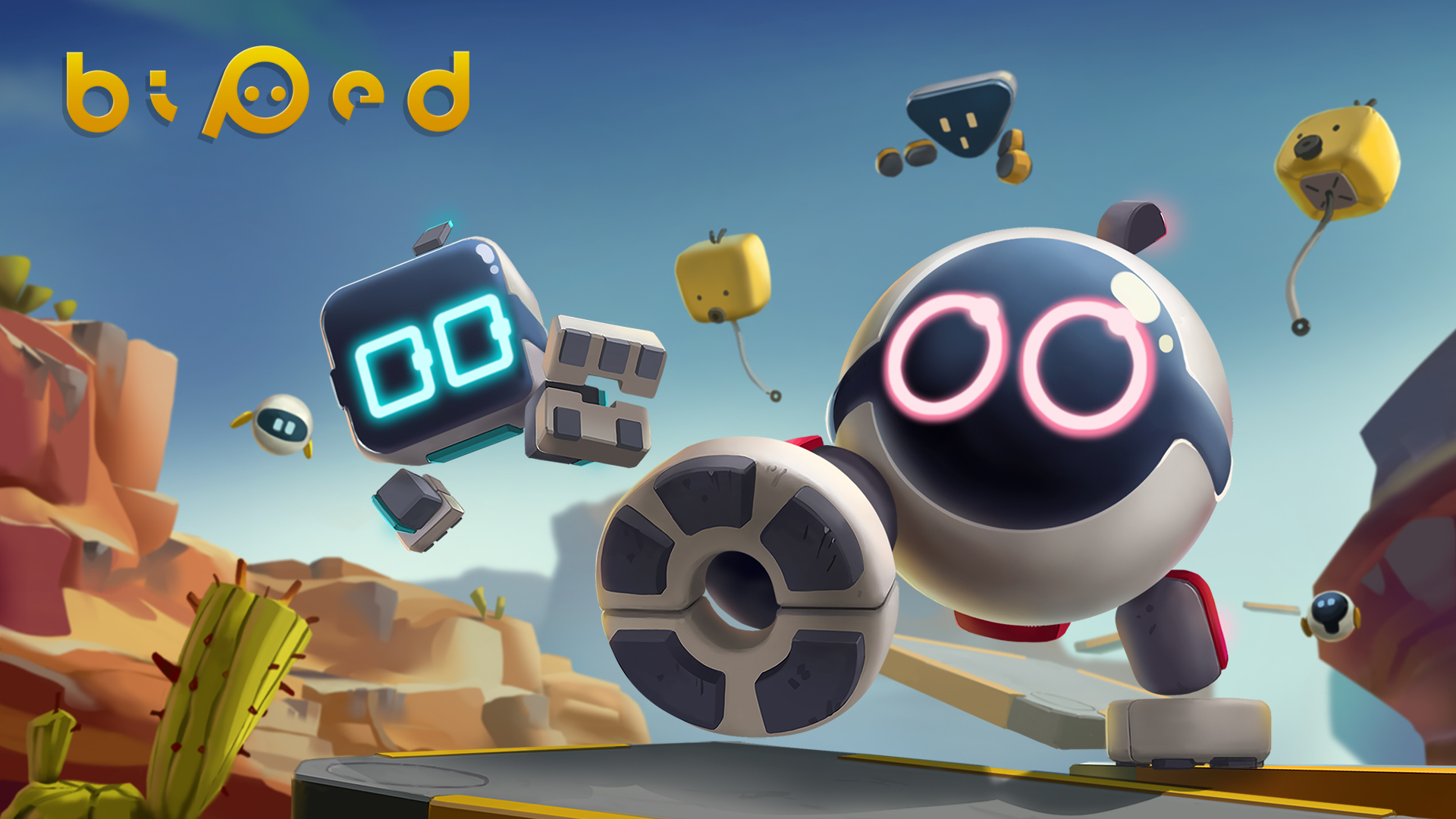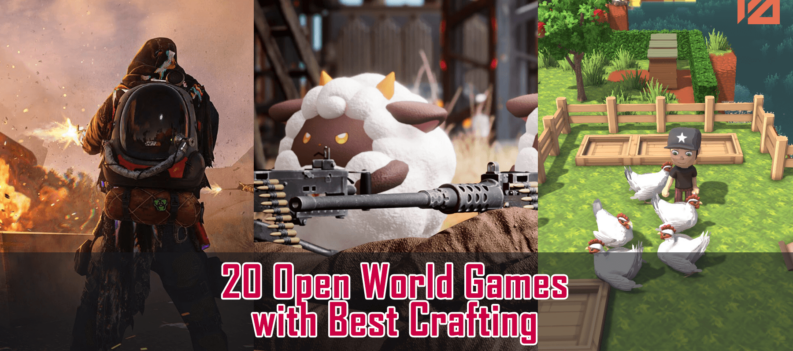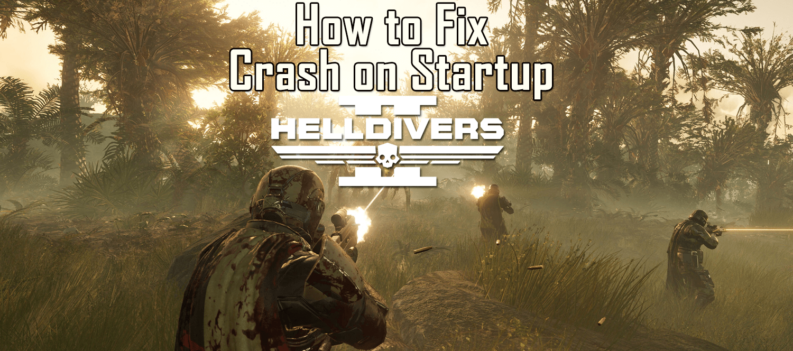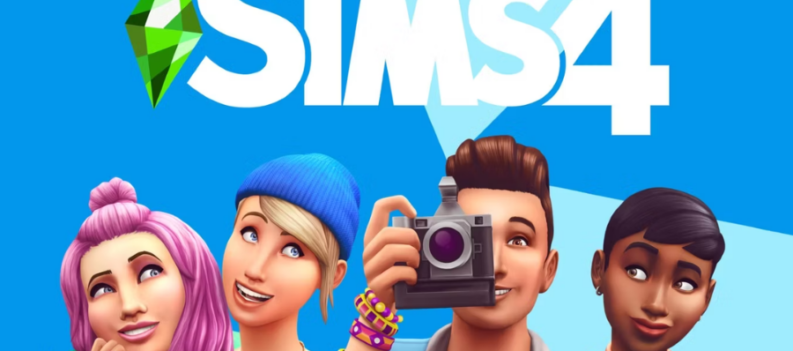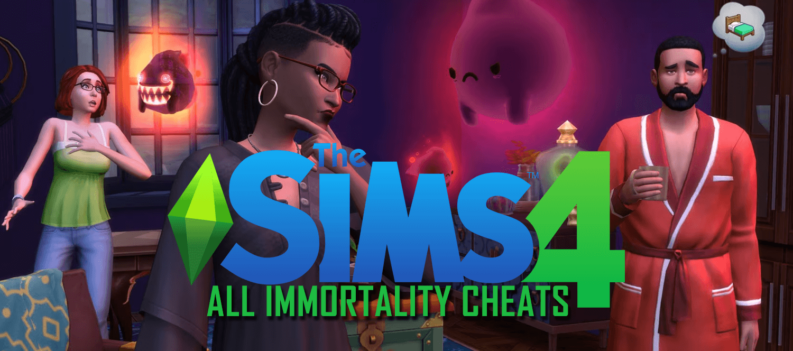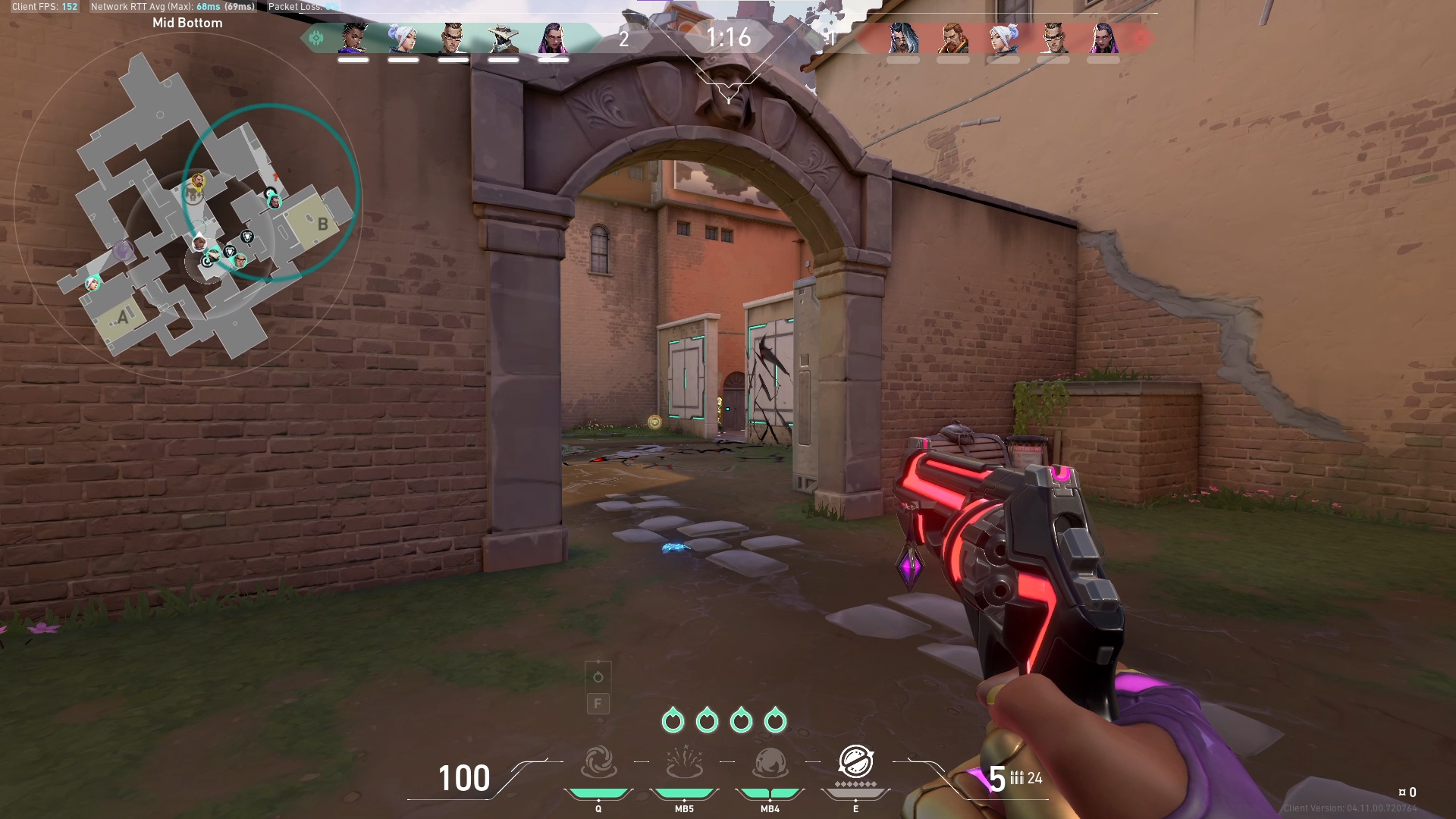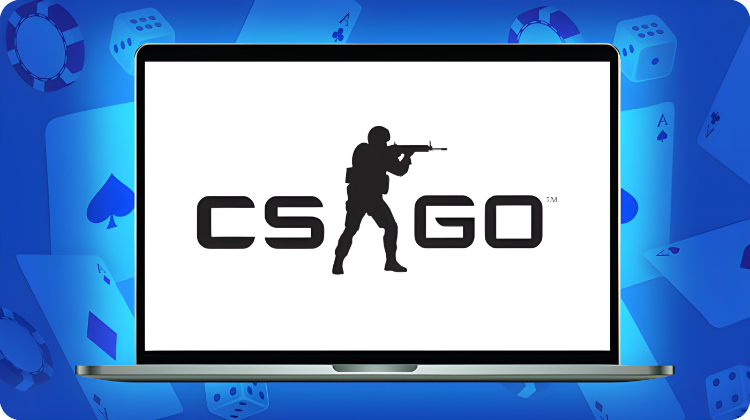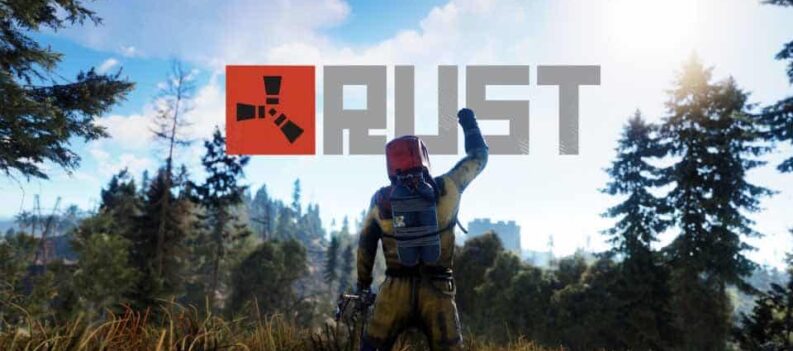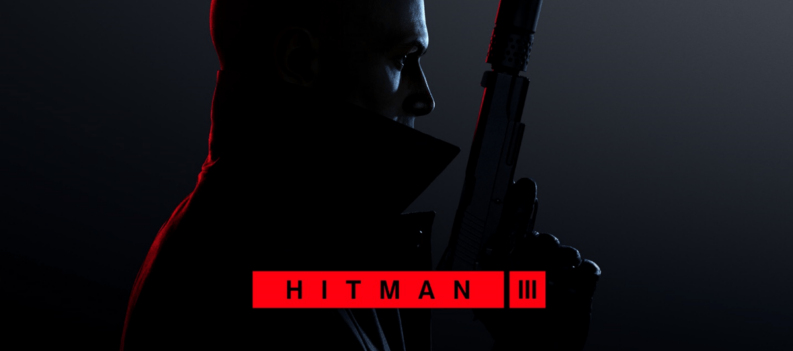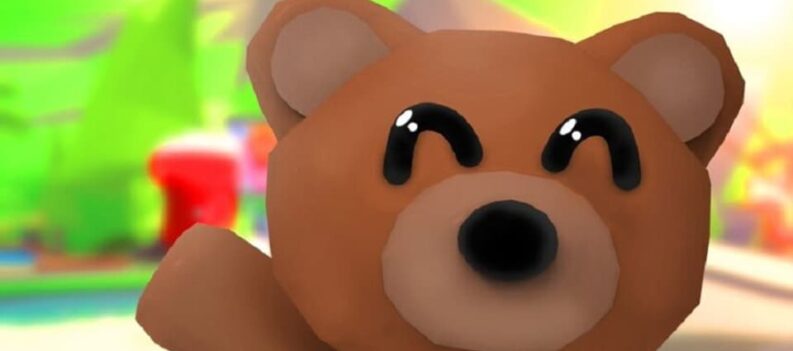Note: This interview was conducted by an outside source and a damn fine writer called Dan Moore. Dan took the time to sit and speak with composer Thomas Parisch a while ago, and he offered us the exclusive interview which we have now published in its original form with minimal changes.
The lat couple of weeks saw a slew of new titles coming to PlayStation 4, or being announced for the platform, such as 5 Lives Studio’s Windbound and Aggro Crab’s Going Under. Another title announced and then released was NExT Studios’ co-op platformer, Biped.
Biped is set on Earth in an alternate dimension where there are no humans, and little robots have built planetary facilities. As the Earth’s light beacons are mysteriously switched off, it’s up to the bipeds to restore them. Positive reviews and a 93% user rating on PC gaming platform Steam have made this co-op adventure game one that players are starting to take note of. To learn more about Biped, we decided to speak to the game’s composer, Thomas Parisch. Some of Parisch’s other credits include Capcom’s Resident Evil 6, NExT Studios’ Iris Fall, Honor of Kings, Iron Knight, Moonlight Blade and The Legend of Xuan Yuan, all by Tencent. Below Parisch talks about what sets Biped apart from other games, musically, and how he incorporated many different musical genres in the game. The score for Biped is now available digitally.
The music of Biped is a mixture of jazz, world music and electronic music. Was it hard incorporating all these musical styles together?
It was certainly a challenge, yes. But a very welcomed one, I have to say, because I love all three of those styles. Even though I have written in all of them before, the combinations of all three of them into one score was new, however. I think Biped being a lighthearted, quirky and vivid world, those eclectic colors lent themselves quite nicely to the score because they allow for contrast as well as they can be used to complement each other.
Did you know you wanted all these different musical sounds from the very beginning or did you incorporate them organically after you got to working on the score?
Not from the very beginning, no. We actually even tried to be more acoustic, less electronic in the very beginning. But we soon realized electronic music would have to be a more important part to symbolize the robots’ world. At first, we tried to avoid that obvious choice but sometimes there is no merit in overthinking things. The world music elements came into play a bit later by realizing we had to set the stage for the different environments on earth more clearly. Now, in hindsight, these choices seem quite natural given the composite world of organic and electronic elements. And there are just so many possibilities to work with that material. But apart from those styles used, the compositional approach borrowed from jazz with improvised sections and open form was discussed from the beginning. Because we always knew we needed music that goes well with the playfulness, through sort of trial and error advancing that’s being made in the game. The approach through jazz seemed a great fit and was really fun to do. I think it really introduced some freshness into the score.
At what point were you brought in to work on the game? Were you scoring to sketches or after the game was already finished?
I worked on a few stages quite early back in 2018 when the game development was not that advanced yet. Then I came back at a point when the project had progressed some more and got revised a bit, that was last year. At that point we found our final musical approach adding in the world music elements. From that point on the direction was clear and most of the score was written. The writing usually took place to small video captures to get a feel for the stage in question. Of course, it wasn’t all finished then, but even a work in progress tell so much more than wordy descriptions only. Those written descriptions I had as well, however, as certain ideas from the audio team and more technical requirements can only be communicated that way. Then I also discussed from time to time over the phone with Zhang Xin, the music director, if there were questions or concerns.
Biped boasts 30 exotic stages to explore, musically were all these stages different?
All the adventure levels have their own music, but the hardcore pro challenges reuse some music. There are pieces which have a few different variations also to make them adaptable to different environments of the adventure levels. For example, a piece might use the bansuri for the forest, but use a banjo instead to adapt to the desert world. Other than that, even though the adventure levels have unique pieces to them, the shared environments of stages have pieces that live in the same sound universe also, similar styles. For example, all pieces for the desert share the western feel in the music with banjo, guitars, electronic whistle and certain percussion. Similar approaches are used for forest, ice and others.
Do you have a favorite stage?
Not really, no. They each had their perks to write for, they each are adorable to look at and play. Going from one to the other when scoring them gave me fresh inspiration each time, so I got to appreciate them all.
Did you look at other co-op adventure games as inspiration for the Biped score? If so, what games?
No, I did not actually. For me, especially when first approaching a new project, the creative challenge of scoring is not really tied to the type of game I work on. I don’t like to think in these categories, they usually don’t help me to have a fresh look. On the contrary, I actually try to go beyond the category of game itself when thinking about overall approach. Because I think the very first consideration when scoring, the mood and emotional subtext of a project is regardless of all these categories, even regardless of it being a game, movie or what have you. Once an approach has been found, then these more technical considerations, how to adapt to the gameplay, the genre etc can be worked out rather easily I find. To find that overarching idea first, albeit so very crucial, is always tough though.
What sets the Biped score apart from other recent game scores?
If it does indeed set itself apart from other scores is for others to say. As for myself, I can only hope it complements the game well, if nothing else. If it brings joy to the players and listeners alike also, that’d be a bonus. I hope it will find some listeners also, though, at least that’s the idea of releasing the soundtrack on its own also. When I think what could make the score stand out, what comes to mind first are the stellar performances from the outstanding musicians featured, such as Pedro Eustache who played all the ethnic flutes delivering some spectacular improvisations. Also featured are Brian Kilgore on percussion, Yoon Lee on bass and last but not least Zac Zinger on some more outstanding ethnic woodwind solos. I realize that it is not normal to have such caliber performers and I feel extremely lucky and honored. It’s a real treat to have them and it certainly brings the score to another level. Apart from that, I think that the mix of jazz, electronica and world music is not common in scoring, at least to my knowledge it isn’t, so I hope that will bring some attention to the score as well.
You worked with NExT Studios on the puzzle adventure game Iris Fall. Because you all had already worked together before, were you given a little more freedom with the score? Or did they have a pretty clear understanding of what they wanted for Biped?
Yes, knowing the team from NExT through Iris Fall definitely helped me a lot. We could get started quickly and work much faster on Biped because of it, we didn’t need that initial phase of getting a feel for each other’s work process and personalities etc. This can be time-consuming and also stressful at times because creative work is hard to quantize. If personalities don’t click it is hard to make it work. It might then not work at all actually. Luckily, I’m very comfortable working with the guys from NExT. Everybody is very appreciative and respectful of the creative process and we see eye to eye on many things. It comes down to them being artists themselves actually. Zhang Xin, who was the music director working with me, is also the audio designer for all the amazing sound fx that are such an essential part of bringing this Biped world to life. So, at the end of the day, we both deal in the same currency. I’m really thankful for the space and trust he extended. I’m very lucky. It was the only way for me to grow the confidence I needed for the score to turn out like it did.
What’s next for you?
Apart from working on some projects that are not yet to be shared in public, unfortunately, I’m also focusing on a collection of my own music, no scoring work, simply music on its own, quite personal, intimate pieces. This is an ongoing project I always keep coming back to over the years, but I’m currently trying to give them a permanent form, finish a cycle. Because besides writing for media, I always need to balance myself with writing and composing without direct service to another medium. It is one of the integral parts of how I recharge the creative battery.
We’d like to thank Dan Moore for his words, and Thomas Parisch for taking the time out of his day to give this interview.
